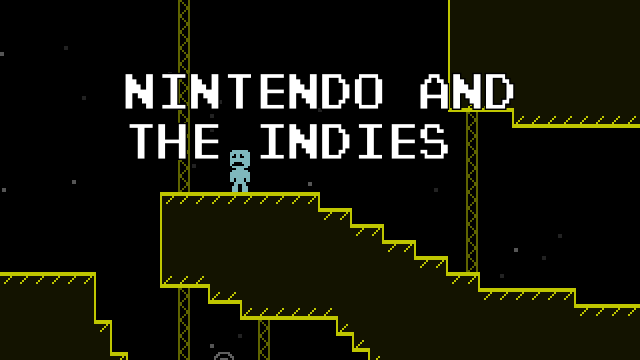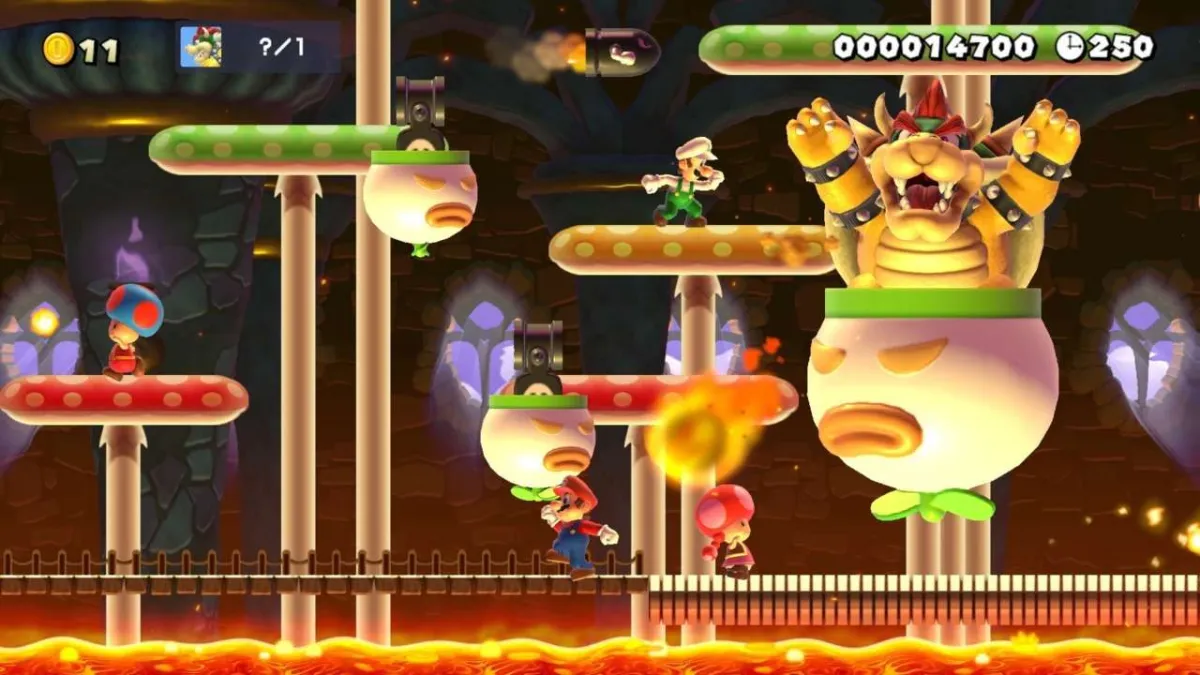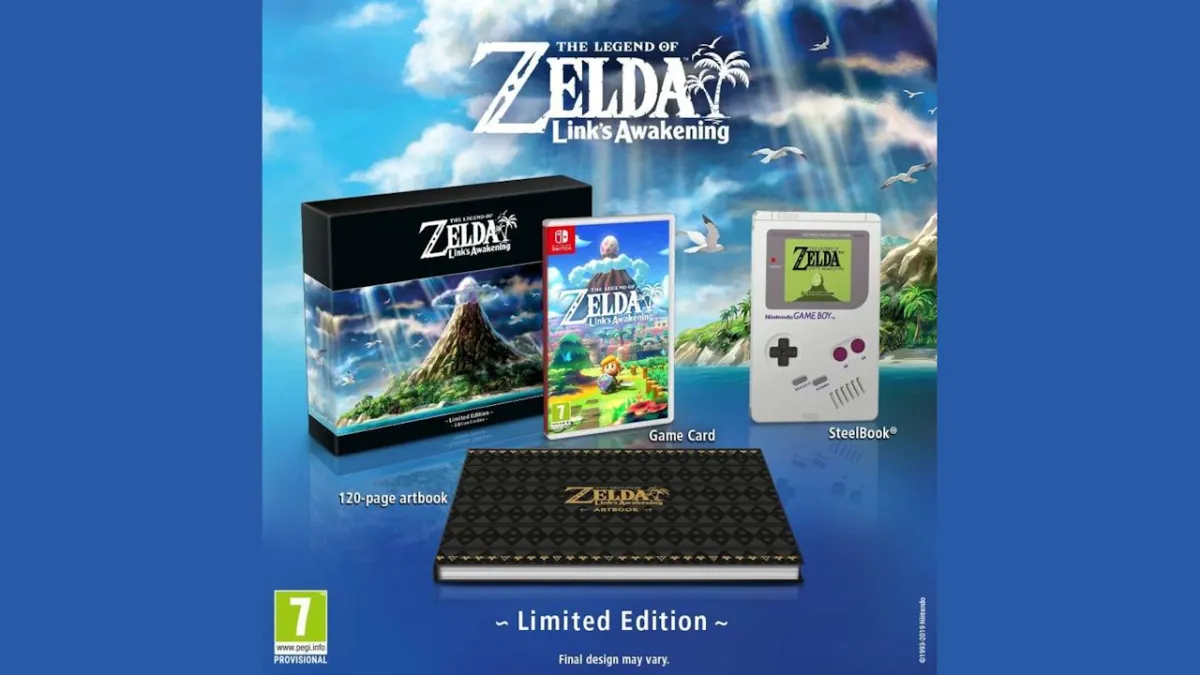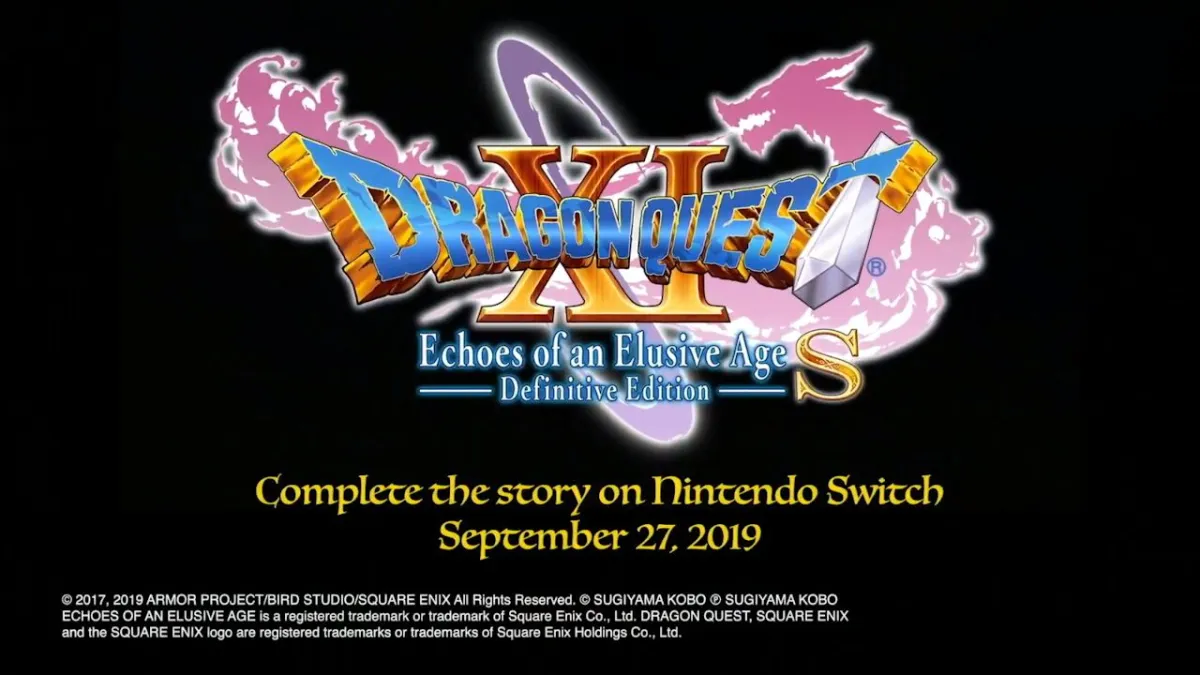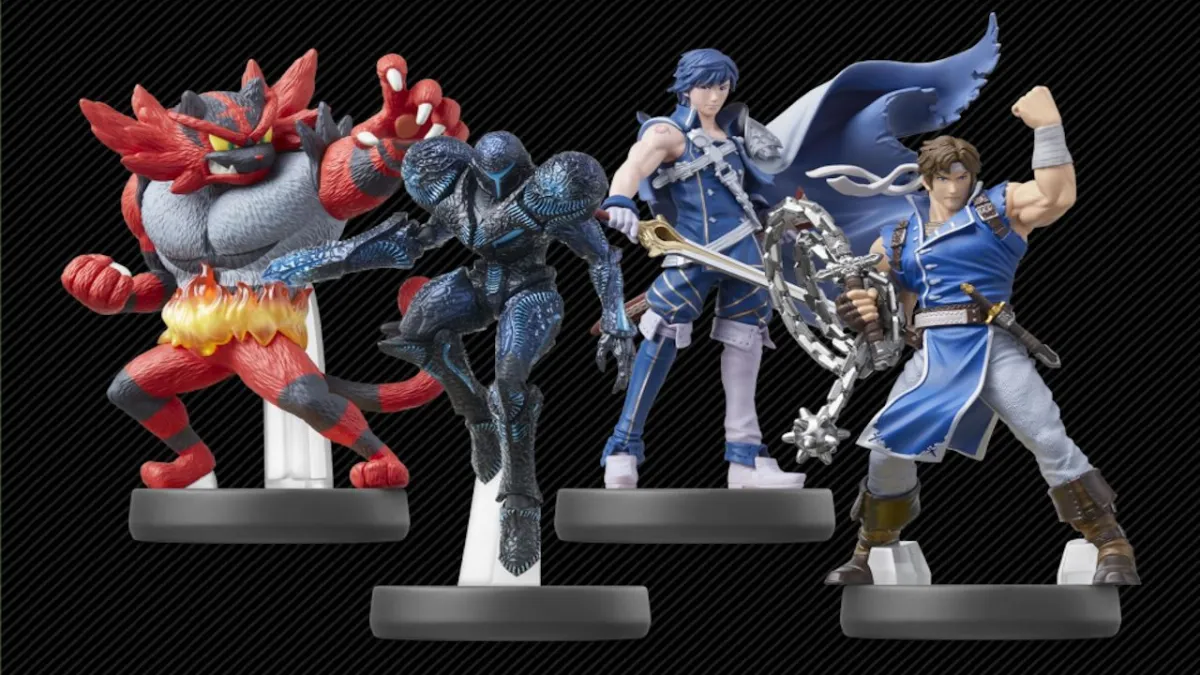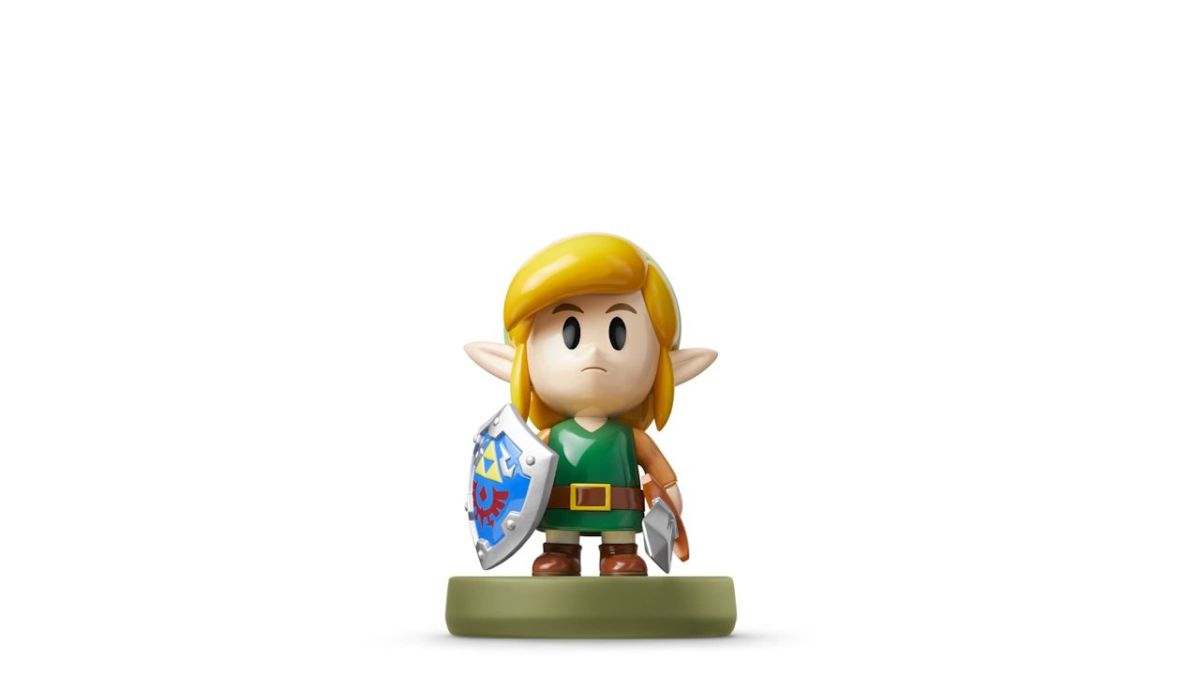Both Sony and Microsoft have been making lots of noise recently about indies and their support for them. What gets lost in the fray is that Nintendo always has a thriving indie scene and allows for self-publishing with the e-Shop. And it’s not just lost on consumers, according to Nintendo of America’s Dan Adelman and Damon Baker. Part of this has to do with the fact that Nintendo, due to their insistence on Nintendo Direct as opposed to E3 and Gamescom, has not had the big spotlight for these announcements. And that’s something they want to change, according to Adelman and Baker.
“We need to do a better job of getting our message out,” said Adelman, manager of business development licensing. “We’ve learned a lot of lessons over the past five or six years, from the beginning of WiiWare, [when] we had some policies that really made it difficult for game developers to release games on our system.” As a manager of business development licensing, Adelman work with the indie development community, and tries to convince them to bring their games to the 3DS and Wii U. As such, he sees himself as the voice of the indies for Nintendo.
“Not a day goes by when I’m talking to a developer who might say, ‘Yeah, I’d love to release a game on a Nintendo system, but I work from home and I know you guys have this requirement to work out of an office.’ I’ll say, ‘Actually, we got rid of that.’ And that will be a big surprise,” he said. “Or they’re working on a game in Unity, and say ‘I hear on consoles to release a Unity game … costs tens of thousand of dollars.’ Actually, we have a deal with Unity so we’ve covered the licensing fees for the entire platform. So it’s free for you to release on our system.”
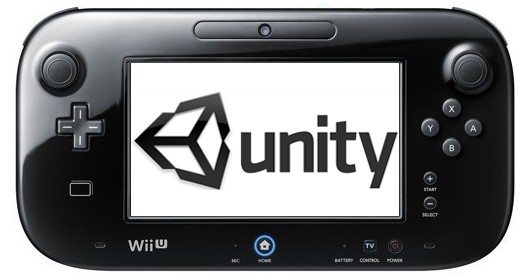
Adelamn stressed that while Nintendo had lowered a lot of barriers, they feel that they’re “not done with this initiative by any stretch.” His explanation was: “We really want to make it as close to frictionless as possible, [with a] really low cost of entry and a really smooth process. We’ve still got a ways to go. We’re a large company with a large bureaucracy…”
One barrier that Nintendo has not shown any interest in eliminating is that no game with AO (Adult Only) content is allowed on the e-Shop. As such, the game Binding of Issac was not allowed on Nintendo platforms. As Adelman explained, “Binding of Isaac is one example where we have a concept guideline about overly religious themes. Frankly, it kills me a little bit, because I love the game … and I love Edmund [McMillan, creator of Binding of Isaac] as a person. So it killed me that as we were reviewing the guidelines [we identified that] there’s one specifically about that. But in terms of violence or M-rated content, there’s actually [no restrictions there]. We don’t allow AO-rated content but that goes for our retail products as well as digital.”
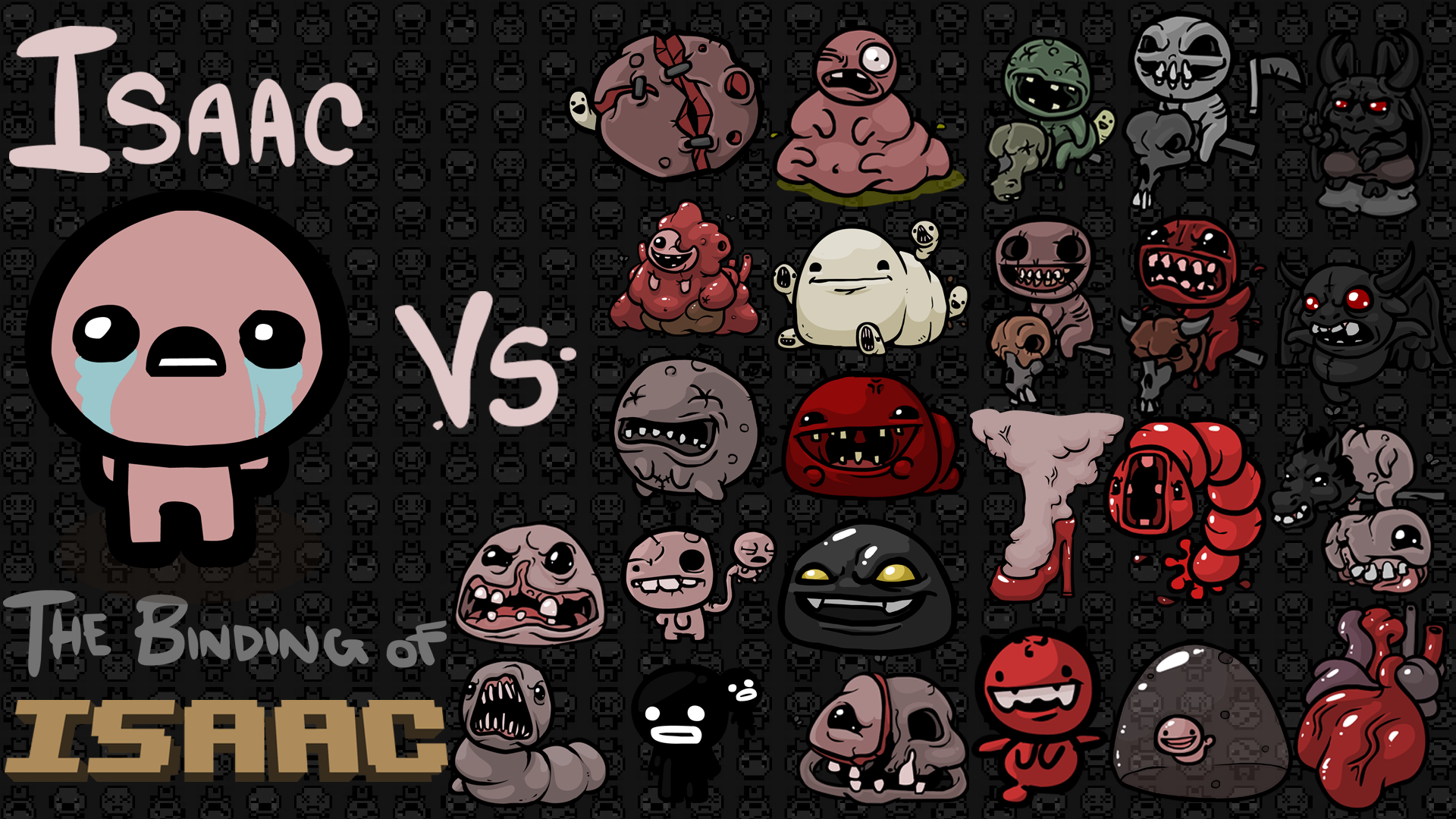
Damon Baker is the senior manager of licensing marketing for Nintendo. As such, his job is promoting and building awareness for the Nintendo e-Shop. However, he feels that he hasn’t done a good enough job promoting indies and the e-Shop in general. “We should be doing a more proactive job. We have a lot of that presence, we’re just not as vocal about it. That’s on us. We need to be more proactive with … having presence at all the digital developer events, spreading the good word of Nintendo eShop and how to develop on our platforms.”
“The Nintendo eShop is always a work in progress. We’re going to have off-device availability [through the web, phone and smart devices] for eShop sales at some point. All of us feel that discoverability is going to be increasingly more important. We’ve got a nice flow of content, but as we grow the amount of content, it’s going to be important that we find that holy grail solution of how we make discoverability a priority…” Baker defined discoverability as ” finding quality, indie-developed eShop content amidst marquee digital releases and Virtual Console titles”.
Baker also stressed that Nintendo was working its hardest to make itself attractive to indies, saying, “This isn’t something that we’ve just decided needed to be a top priority for Nintendo. Dan [Adelman] has been working on self-publishing and has made that available to our partners for years. … I think our priorities right now are to just really educate those development partners that it’s to easier than ever before to make games for Nintendo platforms and to increase that awareness and visibility for all that quality content…”


